Premium Only Content

The Khrushchev and Brezhnev years
The Khrushchev and Brezhnev years
In the power struggle that erupted after Stalin's death in 1953, his closest followers lost out. Nikita Khrushchev solidified his position in a speech before the Twentieth Congress of the Communist Party in 1956 detailing Stalin's atrocities and attacking him for promoting a personality cult. As details of his speech became public, Khrushchev accelerated a wide range of reforms. Downplaying Stalin's emphasis on heavy industry, he increased the supply of consumer goods and housing and stimulated agricultural production. The new policies improved the standard of living, although shortages of appliances, clothing, and other consumer durables would increase in later years. The judicial system, albeit still under a complete Communist party control, replaced police terror, and intellectuals had more freedom than before.
In 1964 Khrushchev was ousted by the Communist Party's Central Committee, which charged him with a host of errors that included Soviet setbacks such as the Cuban Missile Crisis and the deepening Sino-Soviet Split. After a brief period of collective leadership, a veteran bureaucrat, Leonid Brezhnev, took Khrushchev's place.
Despite Khrushchev's tinkering with economic planning, the economic system remained dependent on central plans drawn up with no reference to market mechanisms. As a developed industrial country, the Soviet Union by the 1970s found it increasingly difficult to maintain the high rates of growth in the industrial sector that it had enjoyed in earlier years. Increasingly large investment and labor inputs were required for growth, but these inputs were becoming more difficult to obtain, partly because of the new emphasis on production of consumer goods. Although the goals of the five-year plans of the 1970s had been scaled down from previous plans, the targets remained largely unmet. Agricultural development continued to lag in the Brezhnev years.
Although certain appliances and other goods became more accessible during the 1960s and 1970s, improvements in housing and food supply were not sufficient. The growing culture of consumerism and a shortage of consumer goods, inherent in a non-market pricing system, encouraged pilferage of government property and the growth of the black market. But, in contrast to the revolutionary spirit that accompanied the birth of the Soviet Union, the prevailing mood of the Soviet leadership at the time of Brezhnev's death in 1982 was one of aversion to change.
-
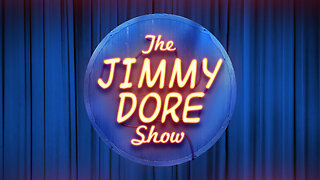 LIVE
LIVE
The Jimmy Dore Show
1 hour agoTrump Makes Good on Tariff Threats! DOJ to Pursue DEATH PENALTY Against Luigi! w/ Dennis Kucinich
5,275 watching -
 1:31:35
1:31:35
Kim Iversen
4 hours agoIran’s Final Warning: Do This One Thing or Face Annihilation | Scott Ritter
69.3K81 -
 LIVE
LIVE
2 MIKES LIVE
3 hours ago2 MIKES LIVE #200 It's our 200th Show with guests Paul Kanitra and Dan Nunn!
248 watching -
 LIVE
LIVE
Sarah Westall
25 minutes agoMK Ultra: People, Groups & Nations, Kanye West, Ariana Granda, Britney Spears w/ Cathy O’Brien
145 watching -
 UPCOMING
UPCOMING
Mally_Mouse
1 hour agoLet's Hang!! -- Chillin' & Chattin'
69 -
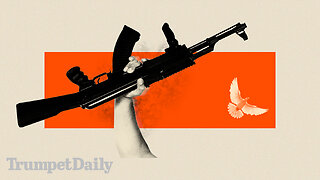 LIVE
LIVE
LFA TV
7 hours agoThe World Prepares for War | TRUMPET DAILY 4.2.25 7PM
51 watching -
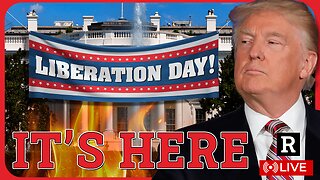 1:13:50
1:13:50
Redacted News
3 hours agoTrump's Liberation Day Is Here, Elon Musk Leaving Doge | Redacted w Natali and Clayton Morris
131K100 -
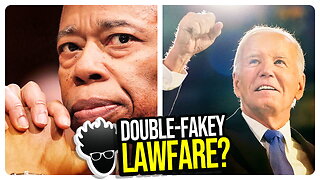 1:24:17
1:24:17
vivafrei
8 hours agoEric Adams' Charges Dismissed WITH PREJUDICE! Wisconsin Election Results! Canadian Pravda & MORE!
57.8K9 -
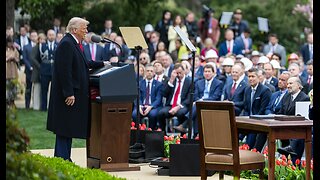 59:55
59:55
The White House
4 hours agoPresident Trump Participates in the Make America Wealthy Again Event
115K32 -
 1:02:36
1:02:36
Candace Show Podcast
3 hours agoHYPOCRISY: Blake Lively Improvised Grabbing Her Co-Star's Private Parts | Candace Ep 170
54.1K60